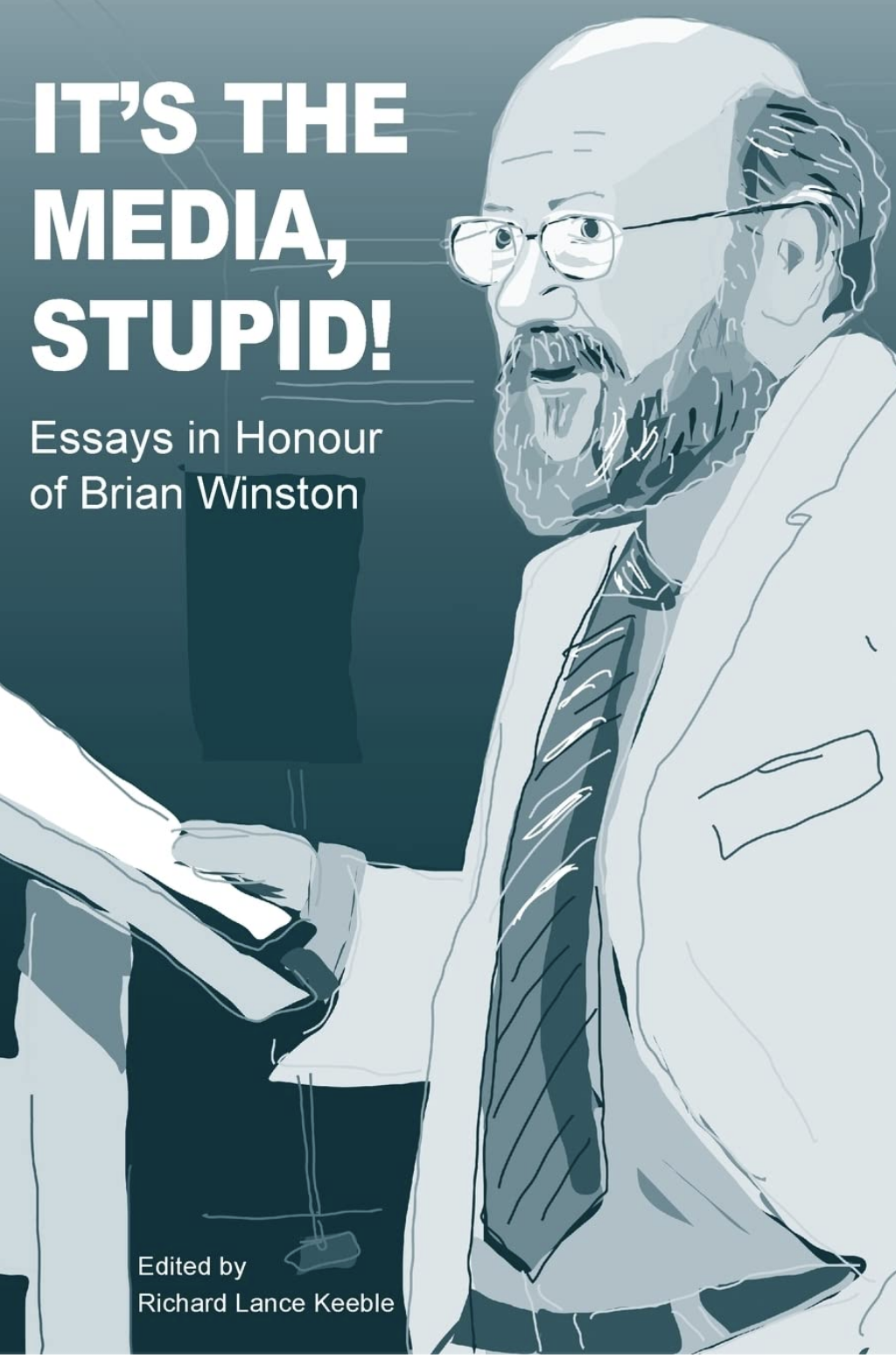Pratap Rughani contributed his essay “Towards Restorative Narrative” to a festschrift published by abramis academic publishing, edited by Richard Lance Keeble, to celebrate the late Dr Winston, The Lincoln Professor.
“This chapter argues for an experiment in bringing together moving image and mediation practices to create a more relational media – socially designed and biased enough to nurture the connective tissue between communities, drawing on practices from restorative justice including deep listening and searching for shades of grey. Meanwhile, swathes of social and mass media are increasingly polarised. Key production processes and financial structures feed this trend, magnifying the attitudes and algorithms that lean towards conflict. This trend hollows out the quality or sometimes the prospect of dialogue in the public sphere and threatens to break the connective tissue that forms the habitus of UK multi-cultures. In response to these issues, the chapter suggests some strategies to refuse and reverse toxic polarisation. It argues that the need for participatory and community media is stronger than ever and asks: what is needed to create meetings and media to build creative explorations that nurture empathic understanding, especially when we disagree? Finally, can the processes of restorative justice offer a model for ‘restorative narrative’ that could frame a new media genre of storytelling
designed to build mutual understanding and connection that obtains on either side of emotive issues whether or not we agree?”
Keywords: restorative narrative, polarisation, mass media, ethics
The book “brings together ten original essays by leading international academic colleagues to celebrate Brian Winston’s distinguished career begun in 1963. They cover three of Brian’s specialist areas:
- documentary
- free expression
- politics and ethics of the media
The contributors are (in order of appearance) Tom Waugh, Deane Williams, Kate Nash, Annette Hill, Clifford G. Christians, Julian Petley, Raphael Cohen-Almagor, Ivor Gaber, Martin Conboy and Pratap Rughani.”
